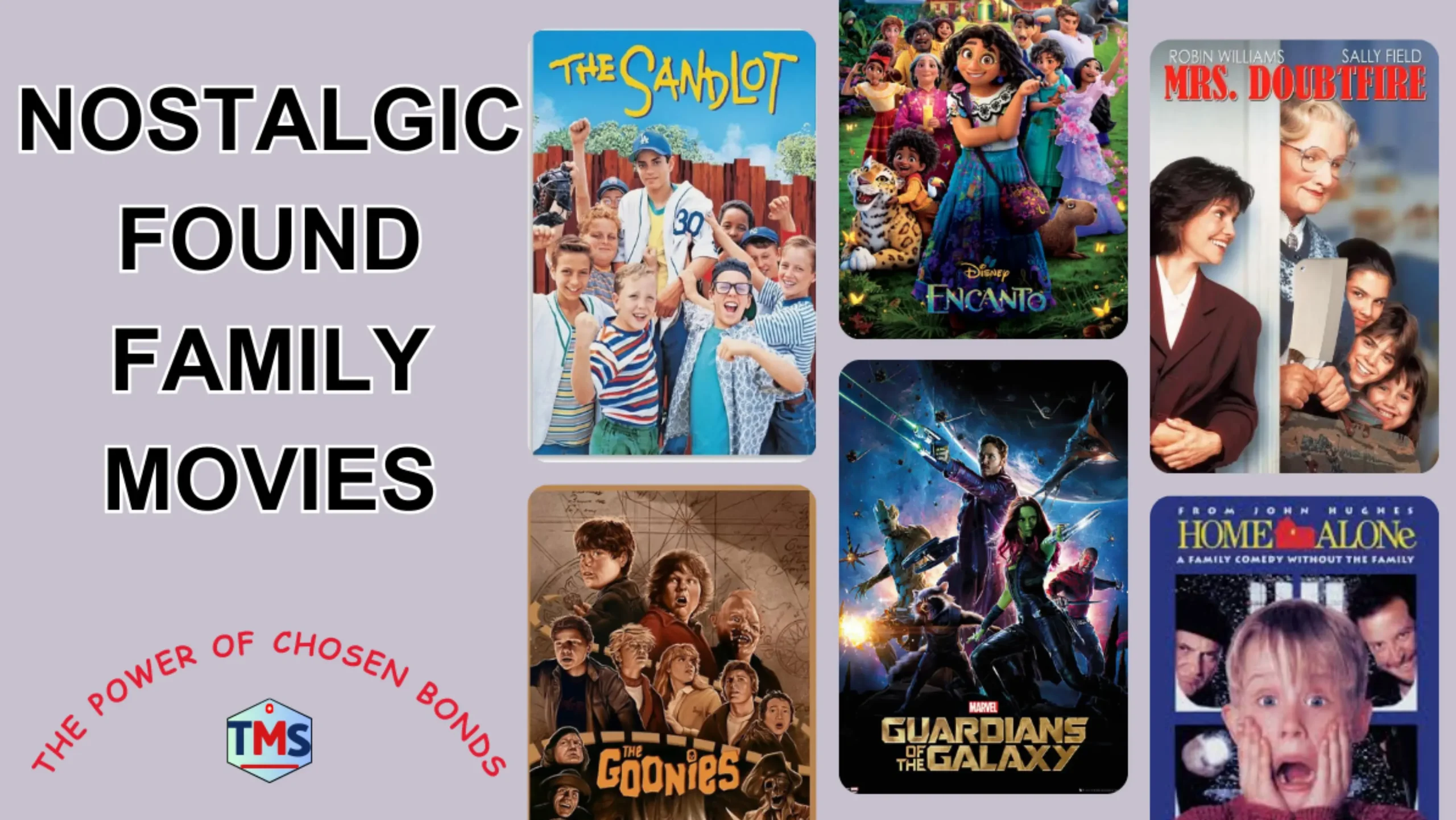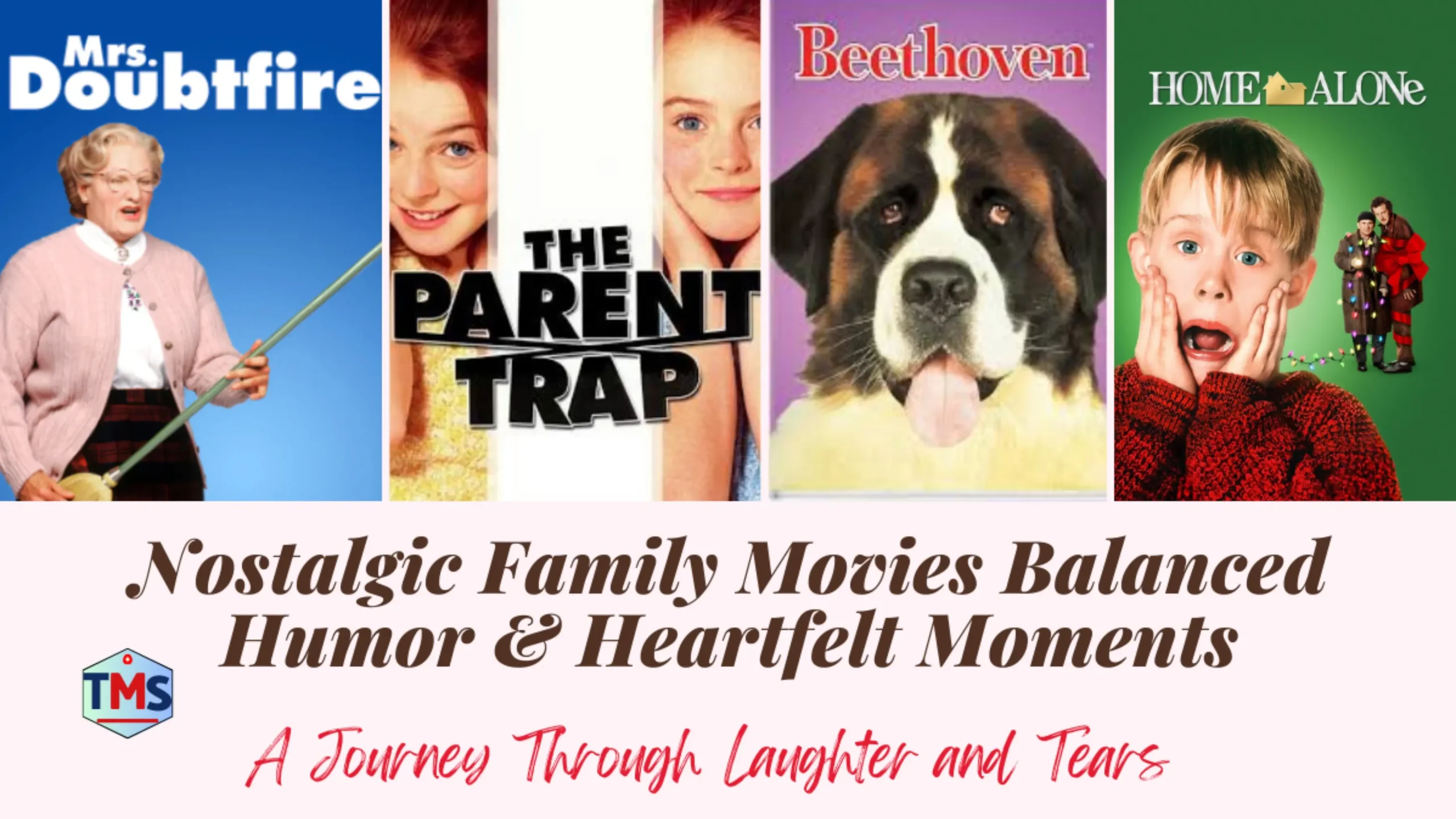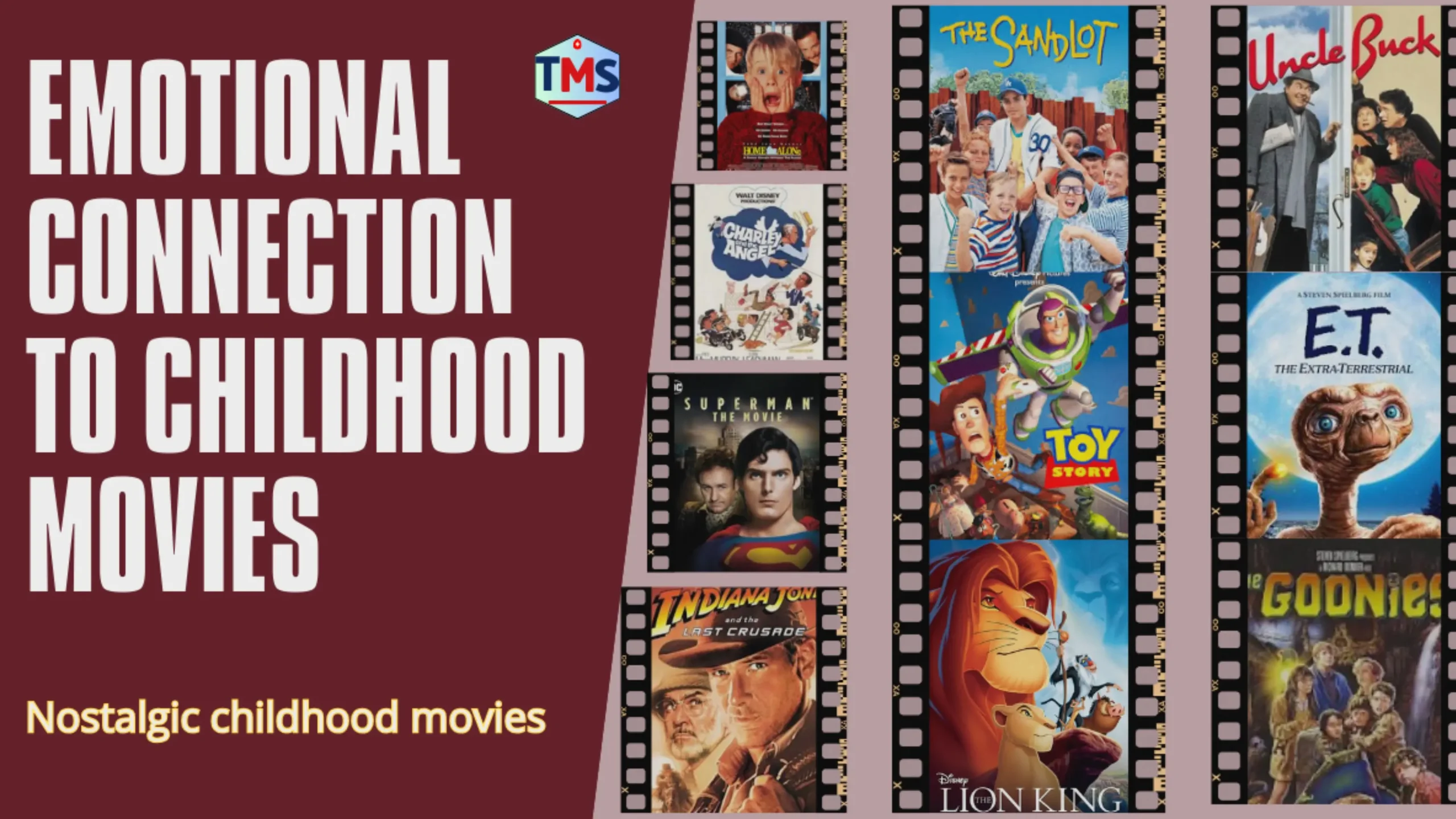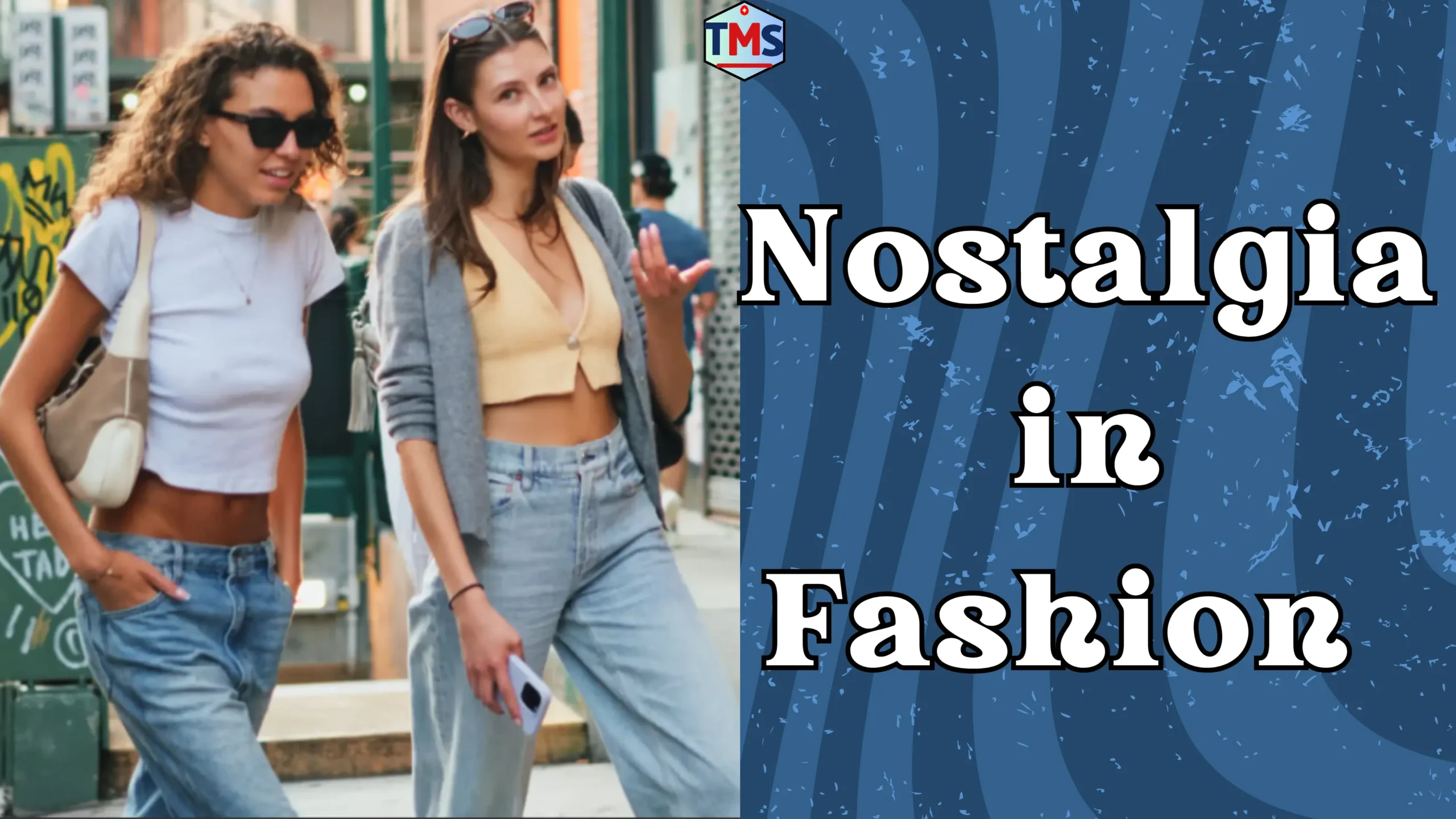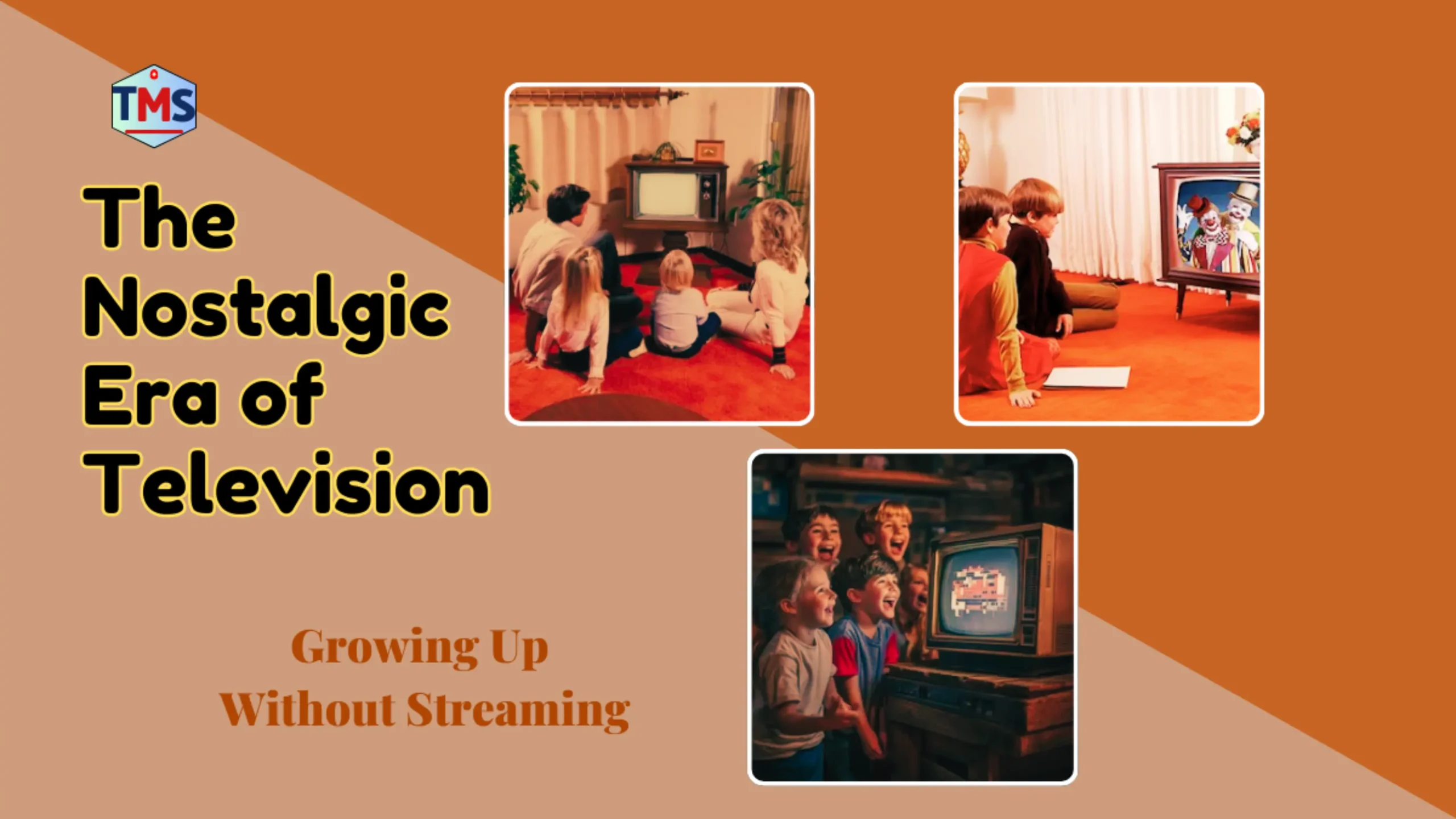The Magic of Nostalgic Movies During Uncertain Times
In times of uncertainty—whether it’s a global pandemic, economic upheaval, or personal struggle—there’s something magical about watching a nostalgic movie. Movies like Back to the Future, The Goonies, or The Sandlot feel like a warm hug, transporting us back to simpler days. But why do these classic films have a greater impact when the world feels unstable? Let’s explore why nostalgic movies become our solace during difficult times, giving us a sense of solace, hope, and magic.
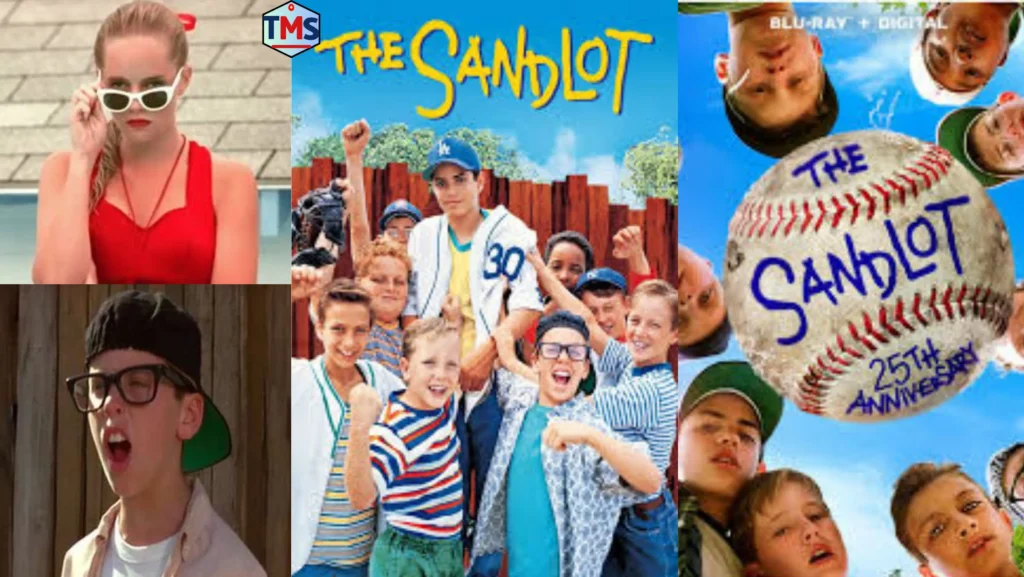
The Psychology of Cinematic Comfort Food
Just like we crave mac and cheese when we’re sad, nostalgic movies serve as emotional comfort food for our souls. These films provide psychological support, taking us back to simpler times when problems had clear solutions and heroes always saved the day. When the future seems unpredictable, it’s comforting to know that how E.T. ends or how the Breakfast Club will always find a way to understand each other.
Research in psychology shows that nostalgia activates the brain’s reward centers, releasing dopamine and creating feelings of warmth and belonging. During uncertain times, this neurochemical response becomes even more powerful. We’re not just watching a movie; we’re experiencing a kind of time travel that allows us to temporarily escape the worries of the present and reconnect with periods of our lives that seemed safer and more manageable.
Familiar Stories, Predictable Outcomes
In a world where tomorrow’s headlines are anyone’s guess, nostalgic movies offer the gift of predictability. We know Marty McFly will return to 1985, the Goonies will find their treasure, and Kevin McCallister will outsmart those thieves every time. This predictability isn’t boring—it’s therapeutic.
During the 2020 pandemic, classic family films like The Goonies, Ferris Bueller’s Day Off, and The Sandlot found an unprecedented number of viewers. People weren’t looking for plot twists or thrills. Instead, they wanted the emotional experience akin to a warm hug, finding solace in stories where friendship conquers all and adventure leads to growth rather than trauma.
Shared Cultural Touchstones
Nostalgic movies also serve as community experiences that unite us across generations and cultural boundaries. When we watch The Breakfast Club, we’re not just experiencing John Hughes’ vision—we’re participating in a shared cultural moment that millions of others have experienced. This creates a sense of connection and belonging that feels even more precious when social isolation or division threatens our communities.
These films become a means of conversation, a bridge between family members, and a common ground in an increasingly fragmented world. A parent isn’t just showing their child The Never Ending Story, they’re passing on a piece of their cultural DNA that says, “This mattered to me, and now it can matter to you”.
The Power of Simpler Problems
Perhaps most importantly, nostalgic films present us with problems that seem manageable. The conflicts in these films—while dramatic in their context—often center around universal themes like friendship, first love, family dynamics, or puberty. Compare this to today’s complex global challenges, and it’s easy to understand its appeal.
In The Karate Kid, Daniel’s biggest concern is learning to defend himself from bullies. In Sixteen Candles, Samantha just wants her family to remember her birthday. These concerns seem refreshingly simple and straightforward compared to climate change, political polarization or global economic instability. Watching characters grapple with and overcome these simple challenges provides a mental break and reminds us that not all problems are insurmountable.
The Data Doesn’t Lie: Nostalgic Viewing Trends
Streaming platforms have provided unprecedented insight into our viewing habits during crisis periods. Netflix reported that during March and April 2020, viewership of catalog content (older films and shows) increased by nearly 50% compared to the previous year. Disney+ saw similar trends, with classics like “The Lion King” and “Aladdin” consistently ranking in their top 10 most-watched films during periods of heightened societal stress.
Even more telling, according to Parrot Analytics, demand for familiar content rises in direct correlation with negative news cycles. After particularly challenging news days, streaming of nostalgic content typically increases by 15-20% over the following 48 hours.
Finding Personal Resilience Through Cinematic Nostalgia
I’ve come to view my own nostalgic movie habits not as guilty pleasures or mere escapism, but as a form of emotional self-care. These films connect me to important parts of myself and my history, providing continuity between my past and present selves.
When I rewatch “The Breakfast Club”, I’m not just enjoying a classic 80s film – I’m reconnecting with my teenage self and remembering that feelings of alienation and the search for identity are universal experiences. This perspective helps me contextualize current challenges within the broader narrative of my life.
A Bridge to Better Times
Nostalgic movies not only help us escape the present—they also serve as a bridge of hope to the future. They remind us of our capacity for joy, wonder and resilience. When we watch the kids in Stand by Me find their strength through friendship, or Elliot in E.T. find his own strength in the world, and we’re thrilled to see him in the movie. As we watch the film help the children of a 19th-century man find their way home, we are reminded of the basic human values that transcend any particular moment in history.
These films tell us that there have always been hard times, people have always found ways to overcome challenges, and love, friendship, and courage are powerful forces for good. They suggest that just as we have overcome the uncertainties of the past, we can overcome the uncertainties of the present.
Why Nostalgic Movies Bring Comfort in Uncertain Times
- Emotional Comfort Through Familiarity: Nostalgic films, such as Back to the Future or The Breakfast Club, evoke memories of simpler times and provide a psychological anchor during uncertainty. Familiar characters, settings, and plots offer the possibility of predictability, reducing anxiety in chaotic moments.
- Escapism from Modern Stressors: During crises such as recessions or pandemics, films such as E.T. or Home Alone transport viewers to idealized eras, and provide temporary escape from real-world problems such as economic instability or social unrest.
- Nostalgia Boosts Mood and Resilience: Studies show that nostalgia boosts the release of dopamine, which improves mood and increases hope. Watching classic films such as Star Wars or Ferris Bueller’s Day Off may remind viewers of personal or cultural resilience, making uncertain times seem more manageable.
- Foster Shared Cultural Connection: Nostalgia creates a sense of community using shared memories. In uncertain times, films like Jurassic Park or The Goonies foster dialogue between generations and reduce feelings of isolation.
- Affordable Entertainment Option: During economic downturns, nostalgic films (e.g., Jaws or The Sound of Music) re-released on streaming platforms or in theaters provide less expensive entertainment than concerts or travel, mirroring their popularity during the Great Depression.
- Nostalgic Themes of Hope and Triumph: Many nostalgic films, such as Rocky or The Karate Kid, feature stories of underdogs or happy endings that inspire perseverance. These themes resonate deeply when viewers face personal or societal challenges, and strengthen optimism.
Case Studies in Cinematic Comfort
Let’s look at some specific films that tend to spike in popularity during turbulent times, and why they provide particular comfort:
- The Wizard of Oz (1939): This classic surged in viewership during both the 2008 financial crisis and again during the pandemic. Its message that “there’s no place like home” resonates particularly strongly when our sense of security is threatened. The film’s technicolor journey through a magical land before returning to the safety of home provides a perfect metaphor for the psychological function of nostalgia itself.
- The Harry Potter Series (2001-2011): Warner Bros. reported a 30% increase in Harry Potter streaming during the first months of COVID lockdowns. These films offer an especially potent form of nostalgic comfort because they combine familiar characters with a clear moral universe where good ultimately triumphs over evil – something particularly reassuring when real-world evils seem complex and insurmountable.
- Star Wars (1977-present): The original trilogy saw massive streaming increases during recent global conflicts. Its archetypal struggle between good and evil, combined with a hero’s journey narrative, provides viewers with a sense of moral clarity and hope that change is possible even against overwhelming odds.
Conclusion: The Timeless Comfort of Familiar Stories
In times of uncertainty, nostalgic films provide more than entertainment—they are emotional anchors. They remind us of who we are beneath our current worries and reconnect us with the values and dreams that have shaped us. So the next time the world feels overwhelming, don’t feel guilty about watching that favorite movie from your childhood. Sometimes, the way forward begins with looking back, and there is profound wisdom in finding solace in stories that have already proven their ability to heal and inspire.
Podcast by Kathleen Ethier, PhD
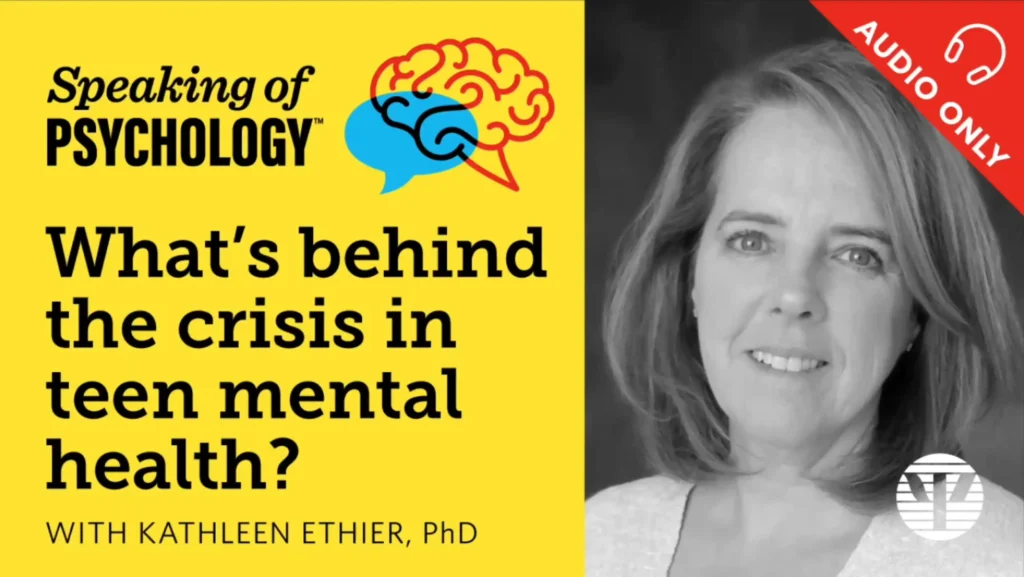
Frequently Asked Questions (FAQs)
Is rewatching old movies during stressful times healthy?
Yes, moderate rewatching of nostalgic films is psychologically healthy. Research shows it can reduce cortisol levels, activate the brain’s reward center, and provide emotional regulation. However, excessive use as permanent escape rather than temporary comfort may indicate unhealthy avoidance.
What does science say about nostalgia’s effect on mental health?
Science shows nostalgia serves as a psychological resource that combats loneliness, boosts mood, and increases resilience. During uncertain times, nostalgic experiences activate brain regions associated with reward and can lower stress markers. Studies find moderate nostalgia correlates with better psychological well-being.
What psychological benefits do nostalgic films provide during uncertain times?
Nostalgic films reduce stress hormones, increase positive emotions, enhance social connectedness, and provide a sense of meaning. Studies show they temporarily boost self-esteem and optimism, helping viewers build emotional resilience during difficult periods.
How does nostalgia help us cope with uncertainty?
Nostalgia helps us cope with uncertainty by providing emotional stability, reinforcing our sense of identity, and reminding us of enduring human experiences. Research shows it acts as a psychological resource that increases feelings of social support and meaning even when physically isolated.
Why were movies so popular during the depression?
During the Great Depression, movies provided an affordable and accessible means of escapism and imagination. For a small fee, people could immerse themselves in fascinating stories, exciting adventures and comical antics that were a far cry from their everyday struggles. Cinema offered temporary relief from the harsh realities of unemployment, poverty and despair, providing a much-needed psychological break and a sense of shared community experience.
What is the movie about the watch that slows down time?
The most widely known movie about a watch that slows down time is “Click” (2006), starring Adam Sandler. In this film, a magical universal remote control allows the protagonist to fast-forward, rewind, and pause moments in his life, effectively simulating the slowing down or speeding up of time as he experiences it.
Do movies do well in a recession?
Yes, movies often thrive during recessions. Historically, during the Great Depression and the 2008 recession, when people sought affordable escapes, movies did well at the box office. Films like Avatar (2009) and The Dark Knight (2008) broke records during economic downturns. Statistics show that when disposable income goes down, moviegoing increases, as theaters provide a relatively inexpensive way to escape real-world stress compared to expensive entertainment like concerts or travel.
Do movies help the economy?
Yes, movies contribute significantly to the economy in many ways. The film industry is a major employer, generating jobs in production (actors, directors, crew, writers), distribution, marketing and exhibition (cinema staff). It also stimulates related industries such as tourism (film tourism to locations), hospitality and technology. In addition, successful films generate substantial revenues through box office sales, home entertainment, streaming rights and merchandise, contributing to GDP and tax revenue.
Why are certain movies considered “comfort movies” during times of stress?
Movies become “comfort films” because they evoke strong positive associations and memories. They typically have predictable plots, endearing characters, and often a pleasant atmosphere, creating a safe and emotionally predictable viewing experience that can reduce anxiety and provide a reliable source of emotional uplift.


